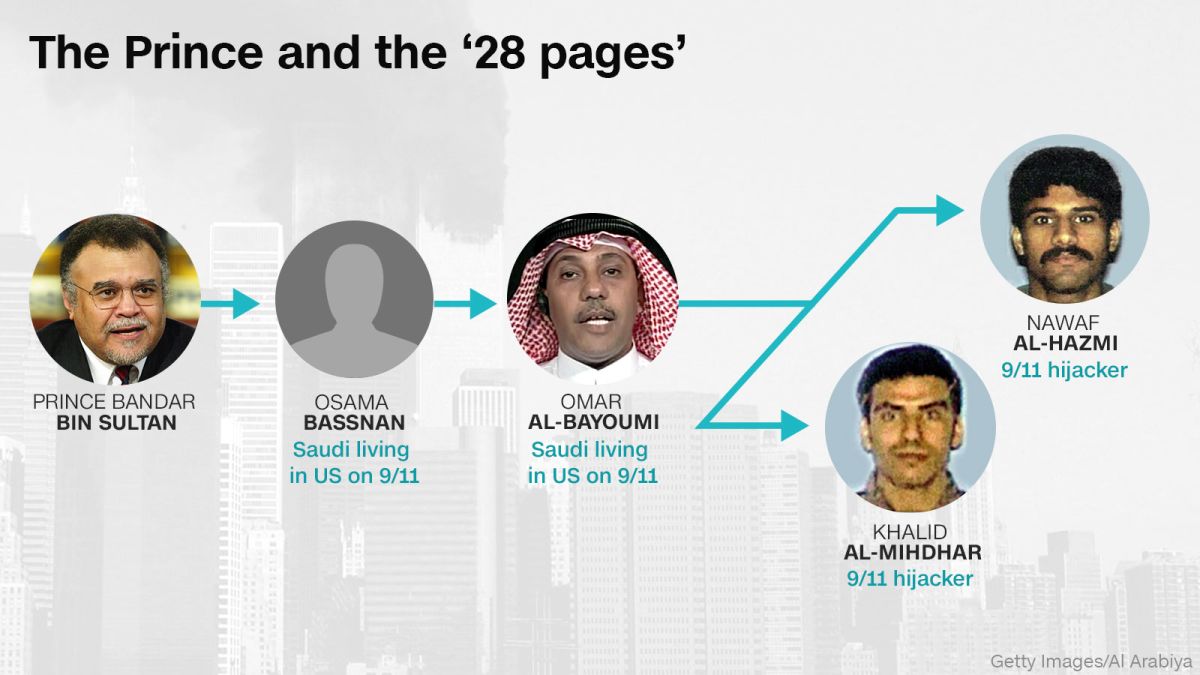
Among the institutions benefiting from this upgrade are major players such as National Commercial Bank (NCB), Al Rajhi Bank, and Riyad Bank. The ratings increase reflects the banks' robust financial position, sound management practices, and the overall strength of the Saudi banking system, which continues to adapt to a shifting global economic landscape.
The upgrades come amid an era of diversification efforts within the Saudi economy, particularly driven by Vision 2030, a plan initiated by Crown Prince Mohammed bin Salman to reduce the country’s dependency on oil revenues. This ambitious program is aiming to bolster non-oil sectors such as technology, tourism, and financial services. As part of the transformation, Saudi banks are not only improving their traditional lending and financial services but also diversifying into digital banking and fintech solutions, which have become essential in maintaining competitiveness in the fast-evolving global market.
Moody's rationale for upgrading the ratings centers on several key factors, including the banks' increasing capital buffers, liquidity position, and the overall strength of the Saudi Arabian government. The ratings agency also noted that the stability provided by the government's fiscal reforms and support measures, especially during periods of fluctuating oil prices, contributes to the positive outlook.
The upgrade is seen as a recognition of the banks' ability to withstand potential economic shocks and their role in driving growth within the Kingdom. Saudi Arabia's financial institutions have demonstrated remarkable adaptability, managing risk exposure well, and benefiting from strong government support during periods of global economic uncertainty, such as the COVID-19 pandemic.
These improvements come after a period of careful fiscal management and strategic investments in digital transformation, which have placed Saudi banks among the leaders in the MENA (Middle East and North Africa) region. Additionally, the Saudi banking sector has benefitted from rising consumer confidence and an improving economic environment, following strong recovery measures after the global economic downturn triggered by the pandemic.
The ratings upgrade also enhances investor confidence in the region, bolstering the financial sector’s attractiveness to foreign investors. The improved ratings reflect the banks' ability to provide stable returns on investments, as they continue to develop a diversified portfolio of services beyond the traditional banking scope.
The government's commitment to economic diversification and structural reforms has been key in driving this positive momentum. According to experts, the Kingdom's efforts to modernize its financial infrastructure and promote a more open market economy are also playing a crucial role in reinforcing the creditworthiness of Saudi banks. Moreover, the financial sector’s growing alignment with global regulatory standards further ensures the resilience and competitiveness of the banking industry.
With the global financial landscape evolving rapidly due to geopolitical tensions and other economic pressures, the role of strong national financial systems becomes more critical. Saudi banks, underpinned by both domestic policy support and a forward-thinking approach to international cooperation, are poised to play an increasingly important role in the regional and global economy.
The upgraded ratings are expected to have wide-reaching implications for the banks involved, potentially lowering their cost of borrowing and increasing the demand for their bonds and financial products. This development will likely facilitate the expansion of credit across various sectors in Saudi Arabia, which is aligned with the broader objective of encouraging private sector growth and investment.
As part of Vision 2030, the Kingdom has also taken steps to enhance the regulatory framework of the banking sector, ensuring more transparency, efficiency, and investor protection. These moves have contributed to the strengthening of investor confidence in the stability and profitability of Saudi banks, making them a more attractive investment proposition in an increasingly volatile market.
Topics
Gcc
